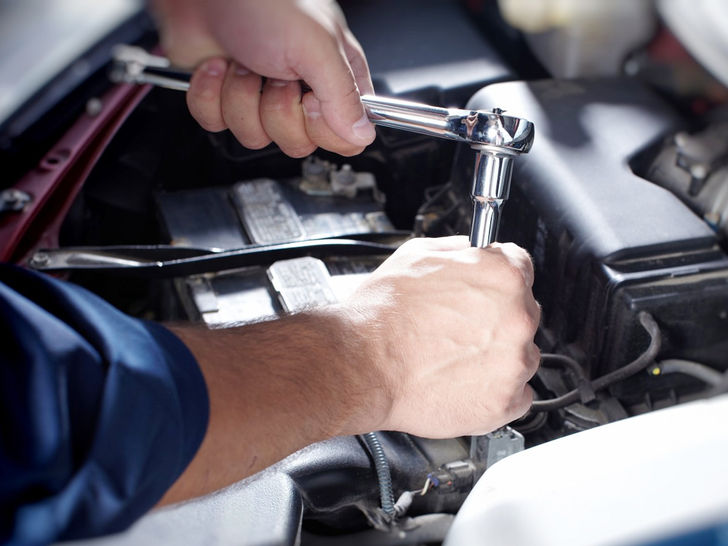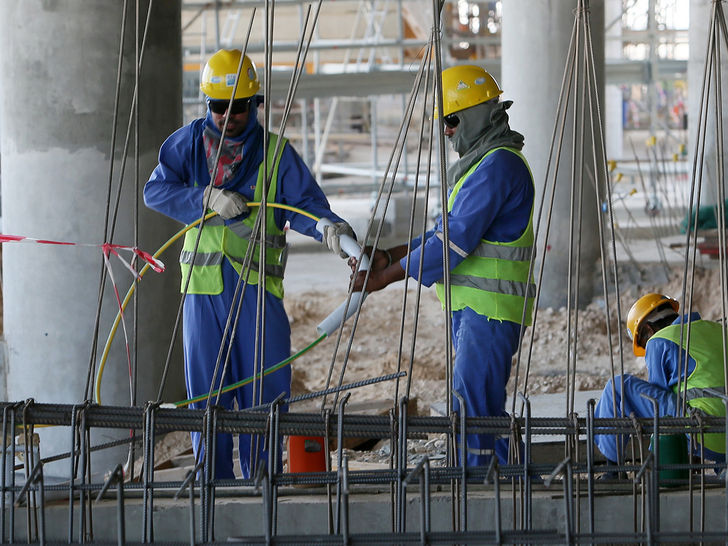5 Jobs Threatened By AI

Artificial Intelligence ( AI) is a vast branch of computer science that deals with the development of smart machines capable of executing tasks that usually require human intelligence. AI is an interdisciplinary science with different approaches, but in nearly every field of the software industry, developments in machine learning and deep learning are causing a paradigm change.
Posted On October 27th, 2020

Receptionists and Similar Assistants
Automated telephone and scheduling systems have the ability to substitute a receptionist's position. The probability of this function being computerised and automated is approximately 96 per cent. These electronic networks are used by the majority of international corporations and big corporate organisations that do not have an office-wide telephone system.

Proof-readers
Nearly all blogging platforms use proofreading tools and technologies. With a substitution chance of approximately 84 per cent, in the next few years, this work will soon be performed only by computer machines. Self-checking writing software and frameworks are now available that not only help to verify and avoid grammatical errors, but also detect plagiarism and correct the constructs of sentences.

Delivery Services
Your delivery-boy is not going to have a human shape anymore in the next few years. The courier and logistics systems are being easily taken over by drones and autonomous vehicles. The probability of a robotic takeover is rising by a whopping 5%. It's just a matter of time for this work to be fully automated.

Mechanics and Automobile Repairs
These days, production robots are not new to us, but AI implementations are not yet common in automotive manufacturing. One of the top reasons that this strong technology is only open to industry leaders these days is the extremely high cost. High competition in the car industry, however, is pushing suppliers to invest in improved equipment and smarter solutions, without losing resources, to boost the consistency of new launches.

Construction Labours
Labour shortages and a need to improve the low competitiveness of the sector are pressuring construction companies to invest in AI and data science. A McKinsey study from 2017 says that by real-time data collection, construction companies could improve productivity by as much as 50 per cent. In order to help prepare for the delivery of labour and machinery through jobs, construction firms are beginning to use AI and machine learning. A robot that continuously assesses job progress and the position of employees and equipment helps project managers to immediately say which workplaces have enough employees and equipment to finish the project on time, and which could be behind where additional jobs should be implemented.

